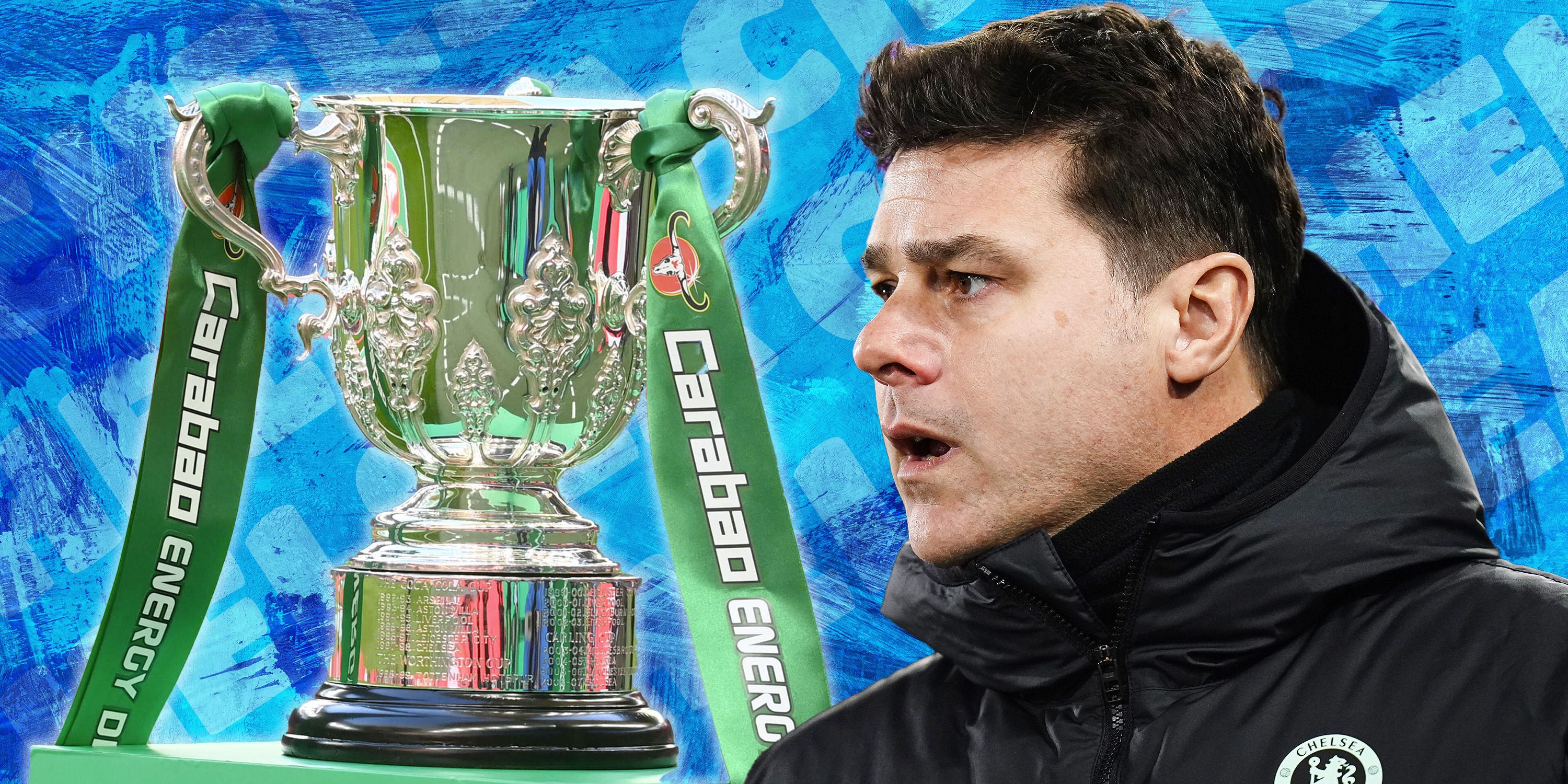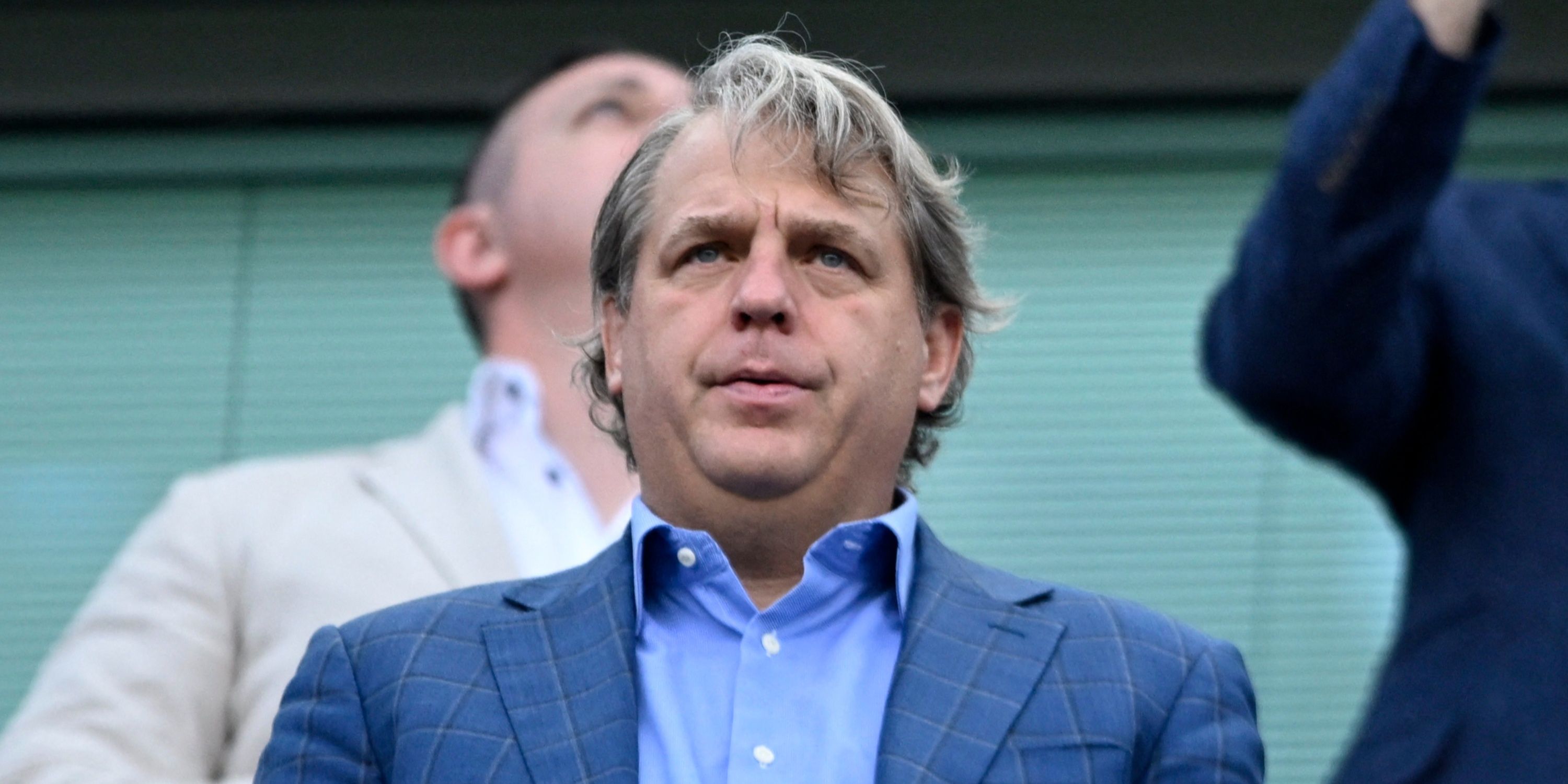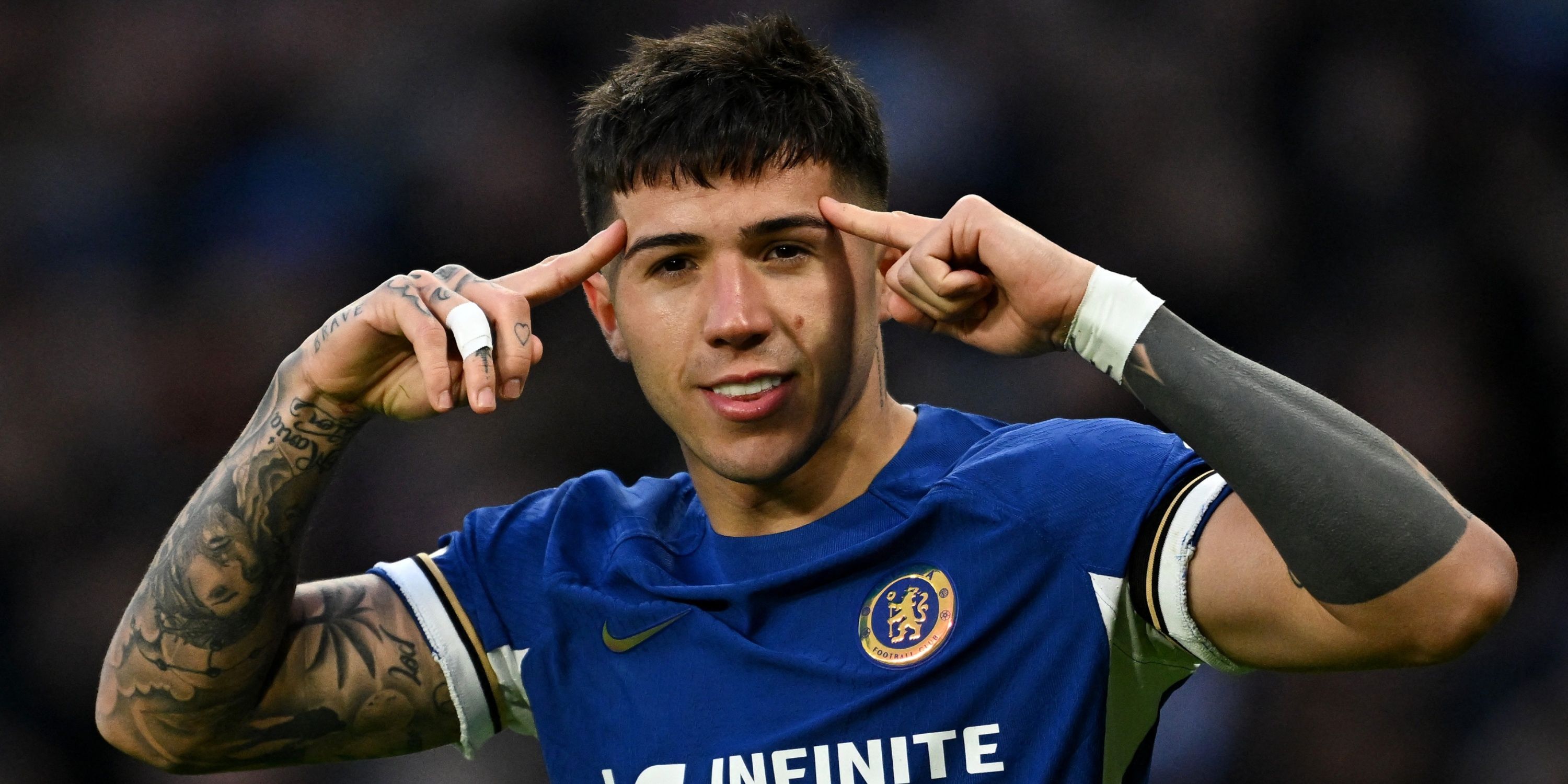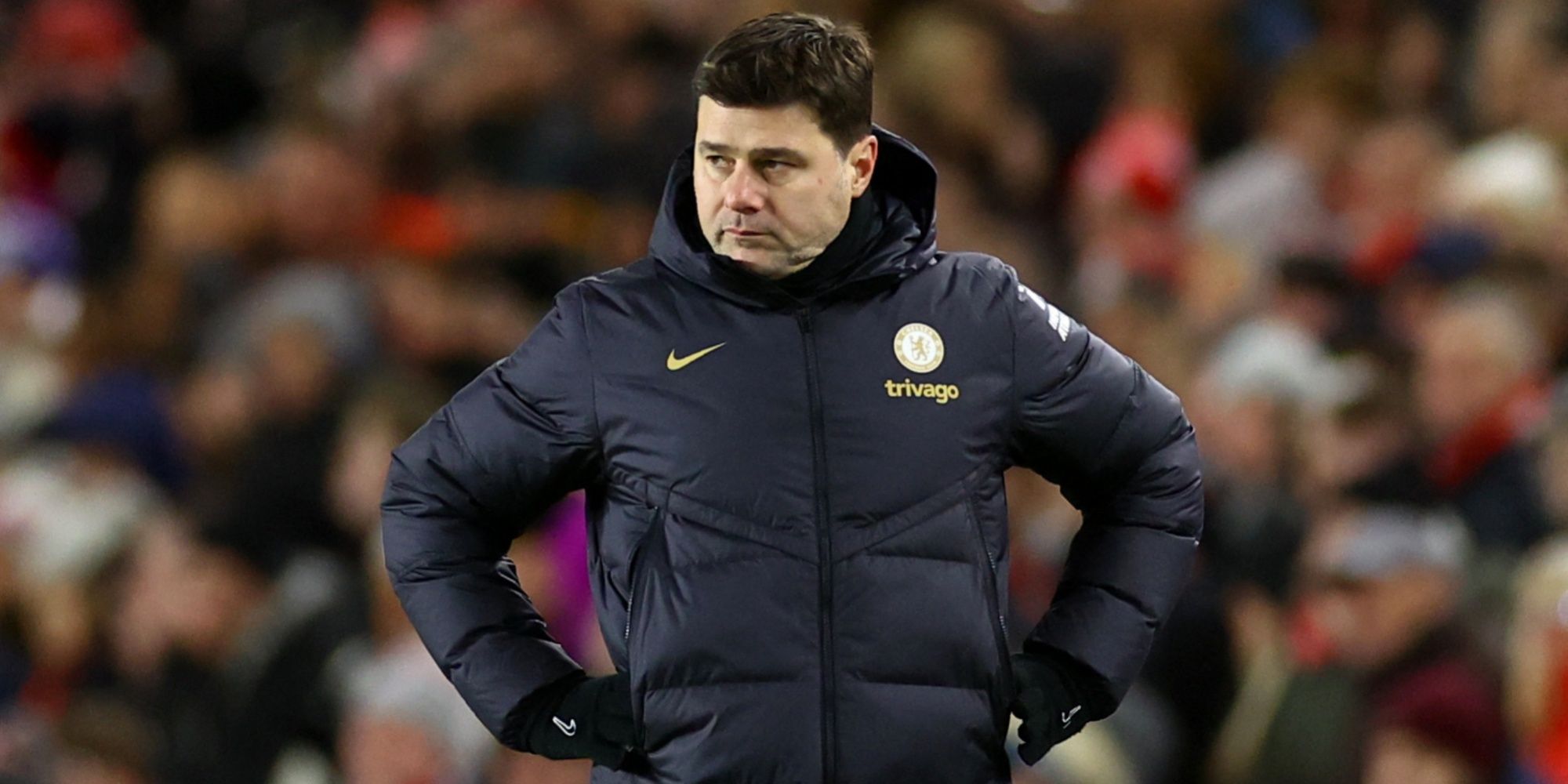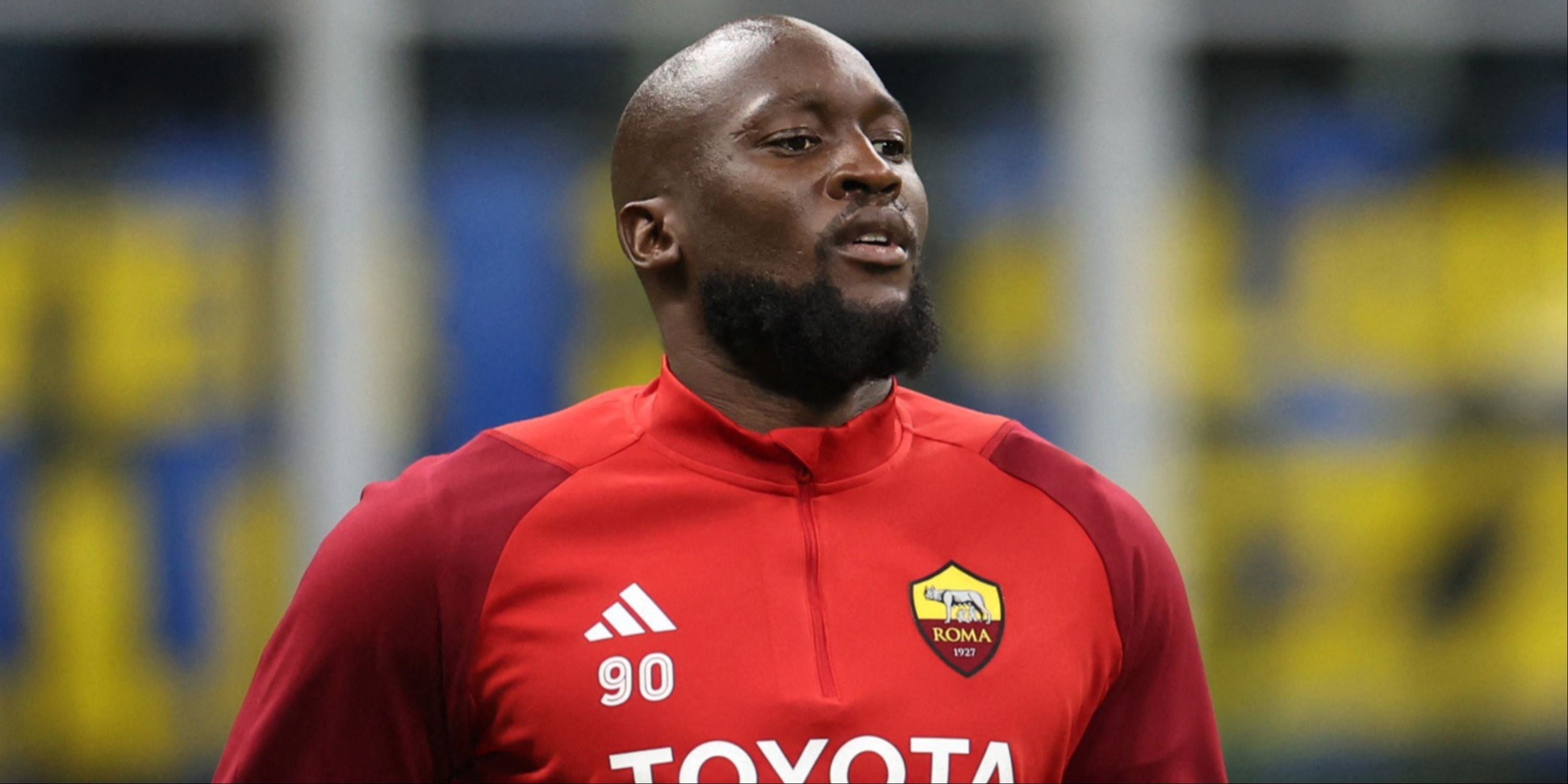It’s been a lacklustre year for Chelsea, with the Blues falling down the Premier League table despite heavy investment from Todd Boehly since he purchased the club in 2022. Yet, despite their mediocrity, the Blues will be making another trip back to Wembley on Sunday 25th February.
The Carabao Cup final against Liverpool, on the face of it, is absolutely huge for the west London club. It offers them the chance to draw a line in the sand after their recent struggles, with Mauricio Pochettino hoping that a win in the English capital can help them bounce back to their best. Additionally, it’s a matter of pride – Chelsea have built a reputation for winning silverware since the turn of the century, but haven’t lifted a trophy since getting their hands on the Club World Cup under Thomas Tuchel.
And then there is the added incentive that winning the Carabao Cup offers a pathway into Europe. The victor is afforded the chance to qualify for the Europa Conference League, with them entering the play-off round. While Chelsea fans would all prefer to qualify for the Champions League, they are some way behind Aston Villa, Tottenham, and Manchester United, the three teams vying for fourth place. Even a fifth place finish would result in Champions League qualification if England secure an extra place thanks to UEFA’s coefficient system, but with the Blues so far behind the three aforementioned teams, any European competition might do for them.
Why Conference League qualification might be bad for Chelsea
New financial restraints for club to follow
But might it be better for the Blues not to qualify for the European competitions next season? The Athletic has assessed the impact that qualification might have on their present financial situation, with Chelsea already trying not to breach the Premier League’s Profit and Sustainability rules (PSR) this season.
Current PSR guidelines allow for losses of £105m over a three-year period, with Chelsea reportedly confident that they won’t breach the limit for 2023/24. However, were they to qualify for the Conference League, then they would be fighting on two fronts.
All UEFA competitions require clubs to follow club licensing and financial sustainability regulations (FSR) which replaced Financial Fair Play in the summer of 2022. These rules state that clubs are only permitted to lose €80m (£68.5m) across three years, which in next season’s case, would include the 2022/23, the 2023/24 season, and the 2024/25 season.
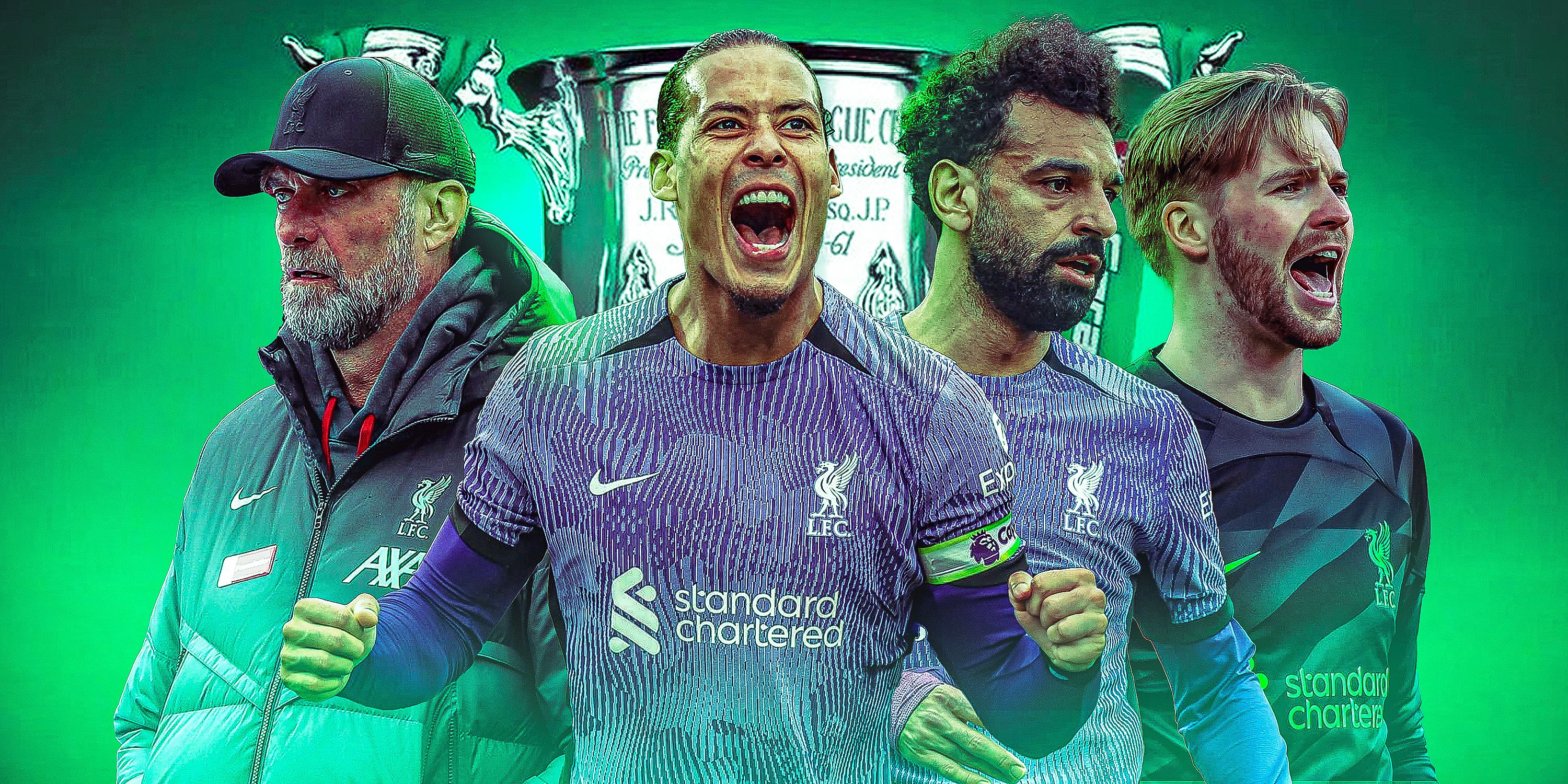
Amortisation costs would also rise if they qualify
UEFA rules on accounting would affect 2023 summer signings
Given Chelsea’s heavy spending over the course of the present season, a total which sits at £400m, they will face a challenge to not breach the financial cap set by UEFA. This is in spite of them handing out long-term contracts to new signings, with them hoping to spread out the cost of a transfer over a longer-term contract through amortisation.
The process means that clubs only have to pay a portion of the transfer off every season during a player’s time at a team, something which the Blues exploited in 2022/23 when signing Enzo Fernandez and Mykhailo Mudryk, with the duo both offered eight-year contracts. In response, UEFA closed the loophole and restricted the amortisation process to a maximum of five years.
While it wasn’t backdated to include past transfers, it will affect deals struck by Chelsea in the summer this season. Having signed 11 players in the summer, the total cost on the books every season when reporting to UEFA would be around £80.9m, per The Athletic’s estimates. In summary, qualifying for Europe would raise total costs per season while reducing the amount Chelsea could lose – a nasty proposition for Boehly.
How much money teams get in the Conference League
Finance expert thinks Chelsea could back out of competition
Chelsea will be factoring in whether the financial rewards from entering the competition are worth the risk of a financial breach. Unfortunately for them, Europe’s lowliest competition is hardly the cash cow that the Champions League is.
According to figures from GOAL for the 2022/23 rendition of the competition, teams who progress through each of the three knockout rounds will earn €1.05m in total, and a further €750,000 for winning the play-off round. A maximum of €7.59m is on offer in the group stages, while winning every game in the knockout rounds and in the final will bring in €9.6m.
| Europa Conference League prize money 2022/23 | |
|---|---|
| Round | Prize Money |
| First qualifying round | €150,000 (£128,000) |
| Second qualifying round | €350,000 (£300,000) |
| Third qualifying round | €550,000 (£471,000) |
| Play-off round | €750,000 (£642,000) |
| Group stage qualification | €2.94m (£2.52m) |
| Match won in group stage | €500,000 (£428,000) |
| Match drawn in group stage | €166,000 (£142,000) |
| 1st in group stage | €650,000 (£556,000) |
| 2nd in group stage | €325,000 (£278,000) |
| Knockout round play-offs | €300,000 (£257,000) |
| Round of 16 | €600,000 (£514,000) |
| Quarter-final | €1m (£856,000) |
| Semi-final | €2m (£1.71m) |
| Runner-up | €3m (£2.57m) |
| Winner | €5m (£4.28m) |
| All numbers from Goal | |
In total, that brings in £15m, and that’s reliant on Chelsea winning the competition, which is by no means guaranteed. And even if they win it and qualify for the Europa League, that might not be enough to help them out in the long-term.
The Daily Mirror report that UEFA’s new rules, introduced this season, restrict any clubs competing in the competition to spending a maximum of 80% of their revenue on transfers and wages. Chelsea’s annual income is expected to fall below the £450m mark for both this season and the next, so even with the prize money, Chelsea would only be able to spend £10m on new signings because of their wage bill. Their annual salary bill stands at £360m.
Football Finance Expert Kieran Maguire, speaking to The Athletic, said that it might be in Chelsea’s interests to follow in the footsteps of AC Milan. The Rossoneri, having breached FFP, made a deal with UEFA and served a one-year ban in Europe instead of two. They then subsequently qualified for the Europa League in 2020/21.
“It could be in Chelsea’s interests to do the same as Milan,” he said. “We’re moving into the realms of three-dimensional chess here, which some clubs are capable of playing.
“By the time you pay the players’ bonuses for qualifying for the competition, transport, accommodation and other costs, you’re only making a small amount of money from the Conference League. You’ll struggle to get a decent number of fans to attend Stamford Bridge if the opposition is modest. That isn’t a criticism of them. It’s modern-day economics.
“If they are exceeding the UEFA limits, the question becomes: ‘Do we want to go and play in the Conference League next season?’. Because they won’t make any money from it.”

Chelsea might have to sell players if they qualify
Several academy stars have been linked with exits
Chelsea are yet to post their financial accounts for the 2022/23 season, but they recorded a net loss of £121.3m for 2021/22. While that period would fall outside of next season’s assessment, the heavy spending since then, including the £1billion spent under Boehly in two seasons, will put them at significant risk of breaching limits.
For Chelsea to qualify for Europe and avoid breaching both cost caps, there are likely to be substantial player sales. That is without even considering that they may spend more money on players in the summer.
So who might the club look to shift? Conor Gallagher is one man who has been touted for a potential exit, with him linked with a move to Tottenham in the January transfer window. Per talkSPORT, Chelsea have an asking price of £50m for their midfielder, who has shone under Pochettino this season.
Ian Maatsen also has a £35m release clause, which was inserted into the new contract he signed before he joined Borussia Dortmund on loan. Lewis Hall is another player currently on loan at Newcastle, with there being a £28m obligation to buy (plus £7m in add-ons). Trevoh Chalobah has been linked with a move away too, and Chelsea also tried to shift Armando Broja in January before he joined Fulham on loan. All of the above would represent pure profit sales for the club, as they are all academy products who Chelsea paid no money for.
There are then also other players who could be moved on in the summer. Romelu Lukaku, on loan at Roma, is still on the club’s books, and Chelsea were reportedly seeking a £37m fee for their outcast. You also have the likes of Hakim Ziyech, currently on loan at Galatasaray, and fringe players such as Marc Cucurella. The market for these three players might be small, however, so a more established first team player could potentially be moved on.
The club’s financial future won’t be playing on the minds of Pochettino and his squad ahead of the huge game, with Chelsea’s young team intent on beating Liverpool to the trophy. If they do, it will be a momentous day for them, and potentially a turning point on the pitch, but the club’s higher ups will then have a tricky problem to answer off of it.


